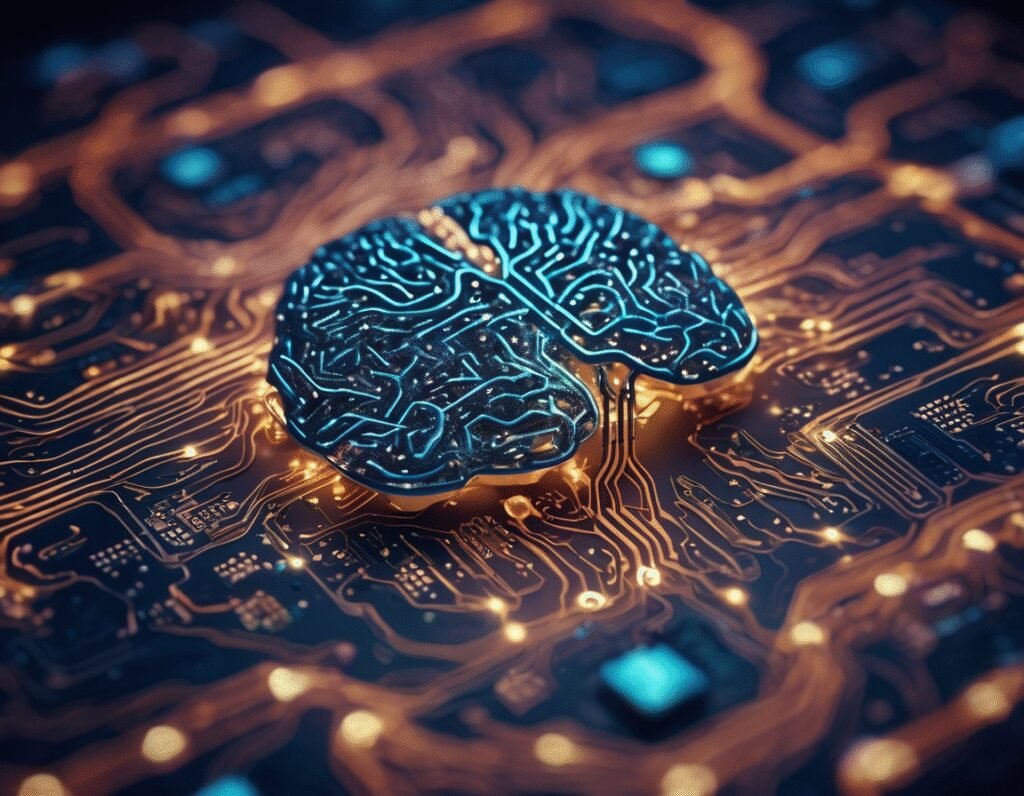Nick Bostrom, a philosopher whose ideas have captivated the tech elite, first sent shockwaves through the community over two decades ago with a radical proposal. His 2003 paper suggested a startling possibility that our entire reality, everything we perceive and experience, could be an elaborate computer simulation. This concept, often called the simulation hypothesis, has found enthusiastic supporters in influential figures like Elon Musk and has become a foundational thought experiment in Silicon Valley.
The core of Bostrom’s argument rests on a trilemma. He posits that one of three propositions must be true. First, it is almost certain that the human species will go extinct before reaching a posthuman stage capable of running such complex ancestor simulations. Second, any advanced civilization that reaches that stage would have virtually no interest in running simulations of its forebears. Or third, we are almost certainly living inside a computer simulation right now.
For many in the crypto and web3 space, this is not just a fun philosophical puzzle but a resonant framework. The idea that base reality might be constructed from code echoes the very principles of blockchain, where trust, value, and community are built on verifiable digital foundations. If the universe is a simulation, then a decentralized ledger could be seen as a more native and transparent system for organizing within it, a way to create a ground truth that even the simulators cannot manipulate.
Bostrom did not stop with simulations. His later work has continued to explore the profound implications of technological evolution. His 2014 book, Superintelligence, served as a sobering warning about the existential risks posed by artificial intelligence that surpasses human intellect. He detailed the potential pathways and the critical strategies needed to ensure such a powerful force remains aligned with human values and survival.
More recently, his 2024 book, Deep Utopia, tackles a different but equally mind-bending scenario. It asks what meaning would look like in a world where artificial intelligence has solved all our problems. In a post-scarcity utopia where work is obsolete, disease is eradicated, and all material needs are met, what would be left for humanity to do? This question of purpose in a perfected world is deeply relevant to crypto visionaries who are building decentralized systems aimed at creating new forms of governance, economy, and social organization beyond traditional, and often broken, institutions.
Bostrom’s body of work provides a crucial intellectual backdrop for the crypto movement. It challenges builders to think beyond short-term gains and consider the long-term architectural implications of the systems they are coding. Whether pondering our simulated existence, navigating the dangers of superintelligent AI, or imagining a deep utopia, his ideas push us to question the nature of reality itself and our role in shaping its future, both on-chain and off.

